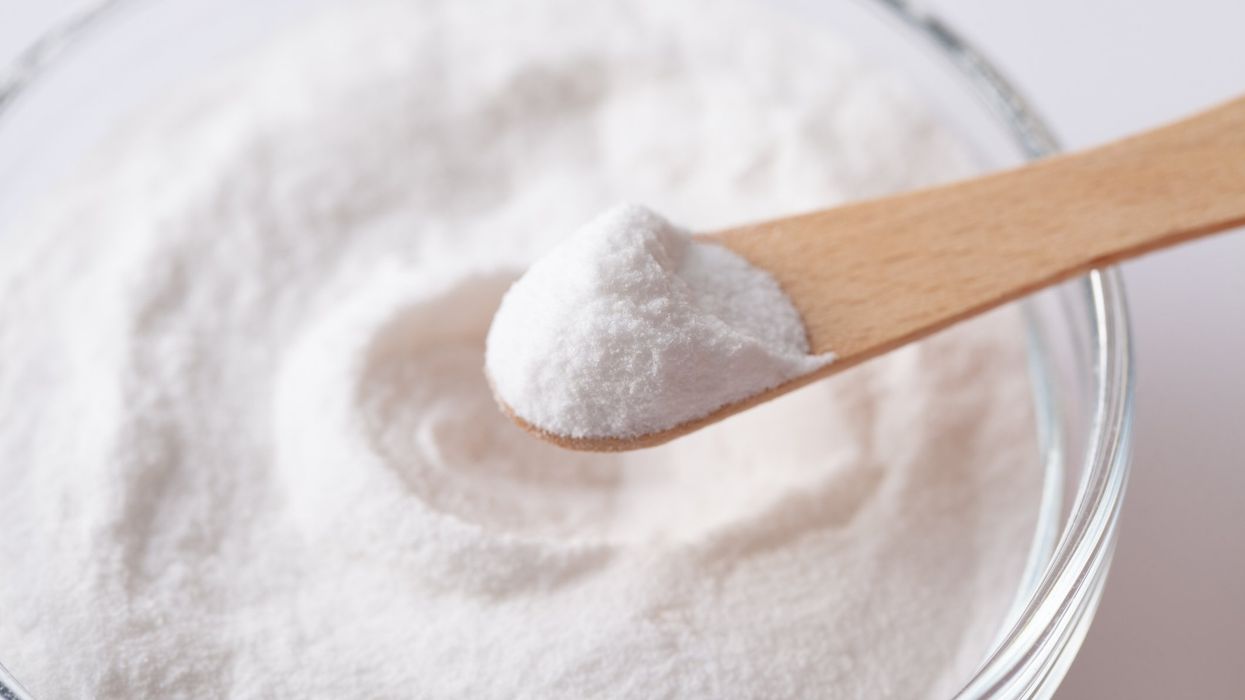
EKramar via iStock/Getty Images

A lack of transparency is not so sweet for taxpayers funding the World Health Organization and consumers looking for sugar substitutes and sound science.
U.S. taxpayers pay $850 million in annual dues to the World Health Organization, expecting more than deflection and lousy science. Yet this United Nations subagency continues to spread fear, often issuing alarming warnings that are completely detached from reality.
Last July, the WHO’s International Agency for Research on Cancer released a dire assessment labeling the non-sugar sweetener aspartame, commonly found in diet drinks, as “possibly carcinogenic to humans.” Health experts have pushed back, criticizing the review’s research as “flawed.” Emails recently obtained by the Taxpayers Protection Alliance Foundation reveal U.S. government officials’ deep frustrations with this global bureaucracy. The WHO and IARC should not receive another dime of taxpayers’ money until they address their sloppy scientific research, among other problems.
While it would be helpful to use public information requests to see how the WHO responded, watchdogs and journalists face significant challenges in accessing these records.
July 14, 2023, was far from dull for scientists studying food and beverage safety. On that day, IARC released a frightening assessment on aspartame, while the WHO and the Food and Agriculture Organization’s Joint Expert Committee on Food Additives published their own, more nuanced review of the sweetener.
The WHO’s mixed messages on aspartame upset U.S. Department of Agriculture regulator Mary Frances Lowe, who called the WHO’s communication “disappointing risk communication” in a message to her colleagues. In response, the Food and Drug Administration stepped in to counteract the IARC’s claims and convince the public and media that JECFA had presented the correct science.
FDA employee Shruti Kabadi wrote on July 14, “JECFA concluded that there was no concern for carcinogenicity of oral exposure to aspartame in animals. There was no concern for genotoxicity of oral exposure to aspartame. The evidence of association of aspartame consumption and cancer in humans is not convincing.” Shruti’s colleague, Sabine Francke, praised JECFA’s findings, writing back, “I saw the Jecfa report — excellent rebuttal to the IARC attempt!! Science prevailed.”
The FDA acted quickly to clarify the information on its website and to rebut IARC’s flawed analysis in media correspondence. Regulatory staff at the FDA and USDA were understandably frustrated, as their research supporting aspartame’s safety was undermined by IARC’s shoddy science. In response, both agencies pushed for “action by WHO to prevent future duplicative reviews of food use chemicals by IARC and the WHO/FAO joint scientific advice program.”
While it would be helpful to use public information requests to see how the WHO responded, watchdogs and journalists face significant challenges in accessing these records.
The WHO’s “Information Disclosure Policy” states, “Information, the disclosure of which may adversely affect WHO’s relations with a Member State or other intergovernmental organization” is considered “confidential information” that “is not normally subject to disclosure.” In other words, any documentation of any disagreement between the WHO and any of its 194 member states can be shielded from public view. This broad-based prohibition on information disclosure has come at the cost of assessing aspartame safety, not to mention addressing global pandemics and tobacco harm reduction efforts.
And despite celebrating “World Press Freedom Day” every May 3 and claiming that “freedom of information is an integral part of the fundamental right of freedom of expression,” the United Nations does not have a FOIA-style law on the books. Longtime U.N. correspondent Thalif Deen notes, “A long-standing proposal for a FOIA at the United Nations has failed to get off the ground due largely to the inaction by the 193-member General Assembly, the U.N.’s highest policy making body, resulting in the lack of transparency in the inner workings of the U.N. and its secretariat.”
At most, FOIA requesters will only have access to one-half of the conversation between U.S. federal agencies and the WHO on sweetener safety. It will remain a mystery why the WHO insists on ignoring the wealth of evidence highlighted by the FDA and its own Joint Expert Committee with the Food and Agriculture Organization. This lack of transparency is not so sweet for taxpayers funding the WHO and consumers looking for sugar substitutes and sound science.
David Williams